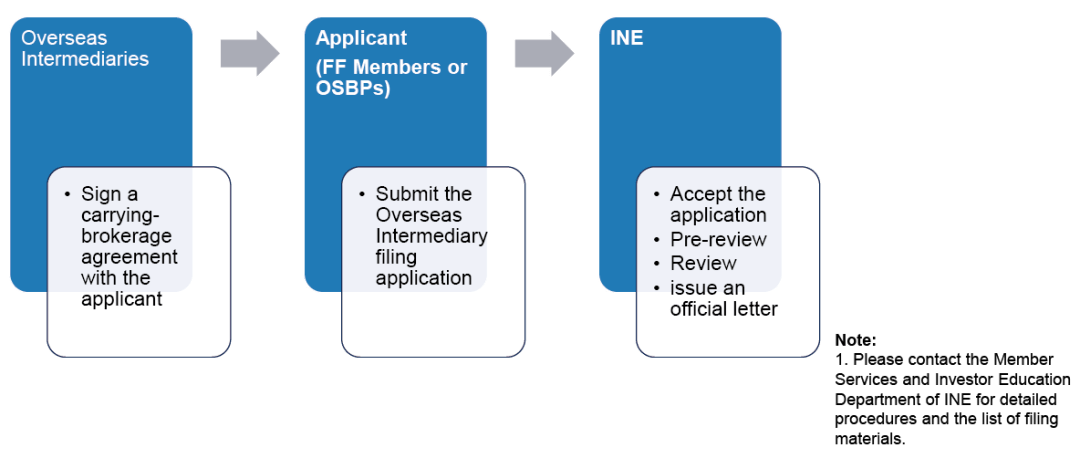Understanding the Interest Rate on Equity Loans: What You Need to Know
Guide or Summary:What is an Equity Loan?How is the Interest Rate on Equity Loans Determined?Types of Interest Rates on Equity LoansFinding the Best Interest……
Guide or Summary:
- What is an Equity Loan?
- How is the Interest Rate on Equity Loans Determined?
- Types of Interest Rates on Equity Loans
- Finding the Best Interest Rate on Equity Loans
When considering financing options for home improvements, debt consolidation, or major purchases, many homeowners turn to equity loans. A critical factor in deciding whether to pursue this route is the interest rate on equity loans. In this article, we will delve into the nuances of equity loans, explore how interest rates are determined, and guide you on finding the best rates available.
What is an Equity Loan?
An equity loan, often referred to as a home equity loan or second mortgage, allows homeowners to borrow against the equity they have built in their property. Equity is the difference between the current market value of your home and the outstanding balance on your mortgage. Homeowners can typically borrow a percentage of this equity, often up to 80-90%, depending on the lender's policies and the homeowner's creditworthiness.
How is the Interest Rate on Equity Loans Determined?
The interest rate on equity loans can vary significantly based on several factors. First and foremost, your credit score plays a crucial role. Lenders assess your creditworthiness to determine the risk involved in lending you money. A higher credit score typically results in a lower interest rate, as it indicates a history of responsible borrowing and repayment.

Additionally, the loan-to-value (LTV) ratio is another critical factor. This ratio compares the amount of the loan to the appraised value of the home. A lower LTV ratio can lead to more favorable interest rates, as it suggests that the borrower has more equity in the home, reducing the lender's risk.
Market conditions also influence interest rates on equity loans. Economic factors such as inflation, the Federal Reserve's monetary policy, and overall demand for loans can cause fluctuations in rates. Keeping an eye on these trends can help homeowners decide the best time to secure a loan.
Types of Interest Rates on Equity Loans
There are generally two types of interest rates associated with equity loans: fixed and variable (or adjustable). A fixed interest rate remains constant throughout the life of the loan, providing predictability in monthly payments. This option is often preferred by those who value stability and want to avoid potential increases in their monthly expenses.

On the other hand, a variable interest rate can change over time based on market conditions. While this option may start with a lower initial rate, it carries the risk of increasing payments in the future. Borrowers should carefully consider their financial situation and risk tolerance when choosing between these two types of interest rates.
Finding the Best Interest Rate on Equity Loans
To secure the best interest rate on equity loans, homeowners should shop around and compare offers from multiple lenders. This process involves obtaining quotes from banks, credit unions, and online lenders. Pay attention not only to the interest rates but also to other fees and terms associated with each loan.
Additionally, improving your credit score before applying for a loan can significantly impact the interest rate you receive. Paying down existing debts, making timely payments, and avoiding new credit inquiries can help enhance your credit profile.

Lastly, consider working with a mortgage broker who can provide insights and access to a wider range of loan products. Brokers often have relationships with various lenders and can help negotiate better terms on your behalf.
In conclusion, understanding the interest rate on equity loans is essential for homeowners looking to leverage their property’s value. By considering factors such as credit score, LTV ratio, and market conditions, you can make informed decisions and secure the best financing options available. Whether you choose a fixed or variable rate, thorough research and preparation will empower you to navigate the equity loan landscape effectively.